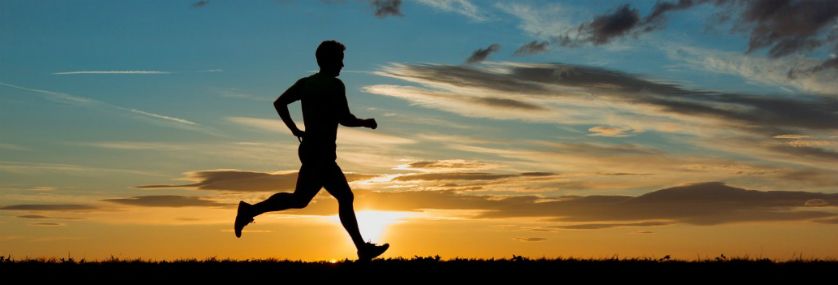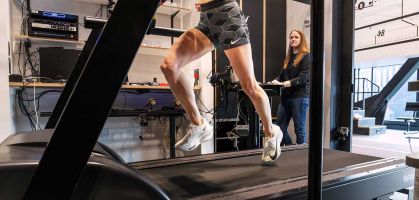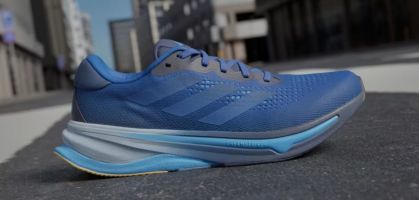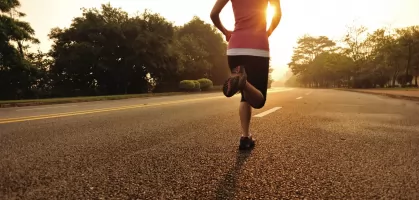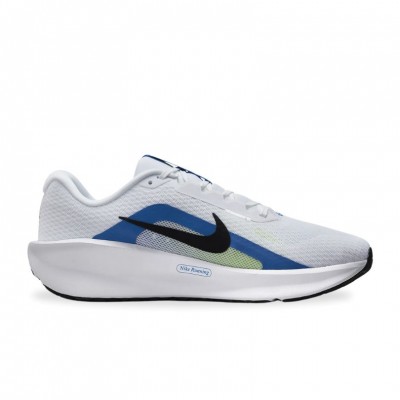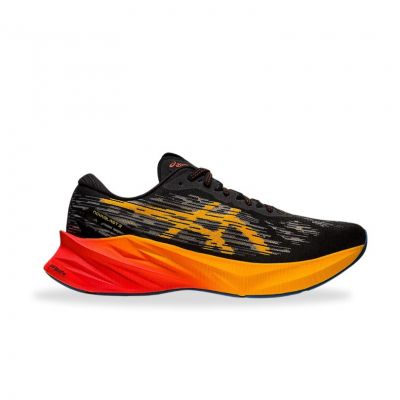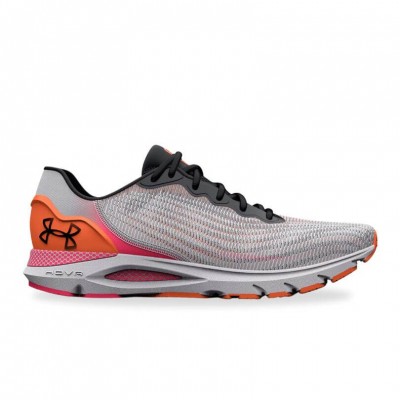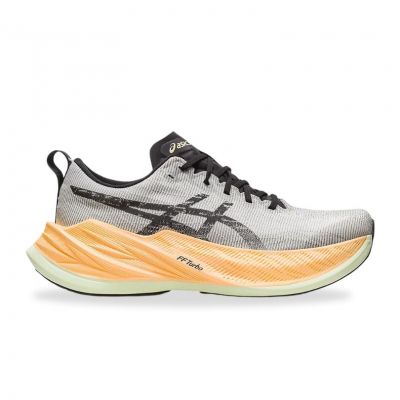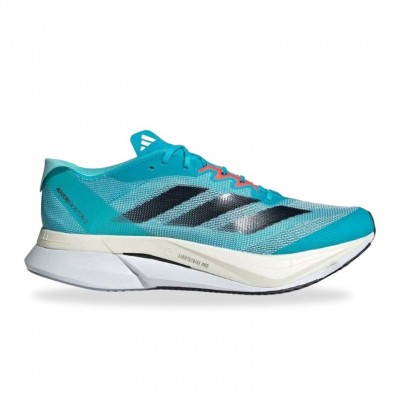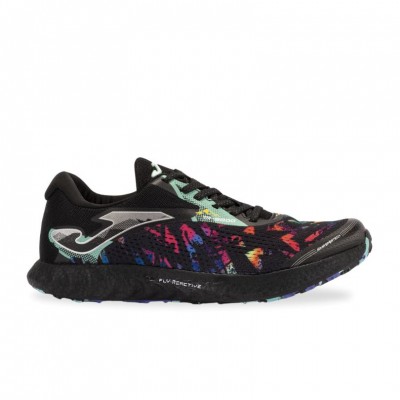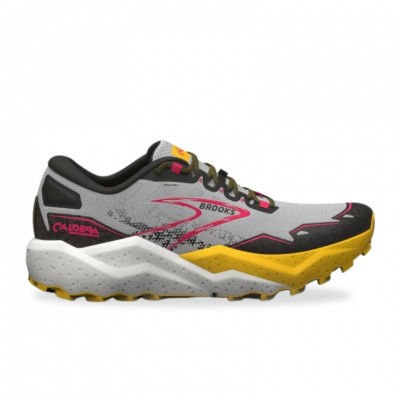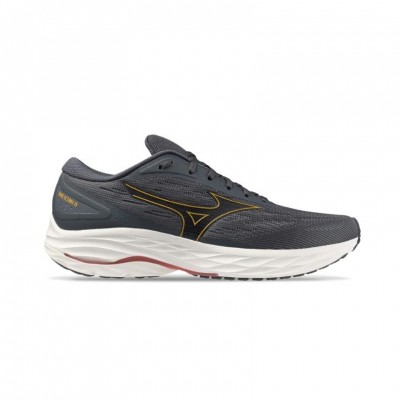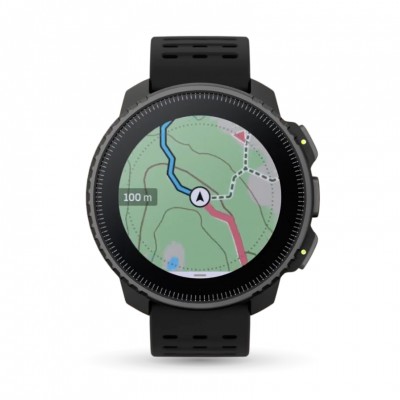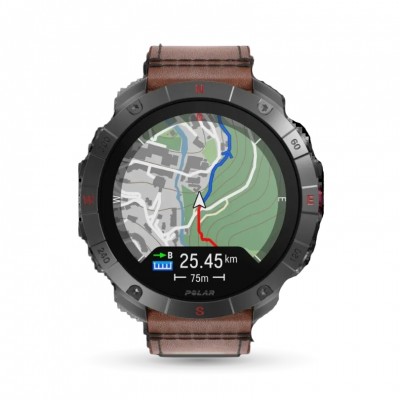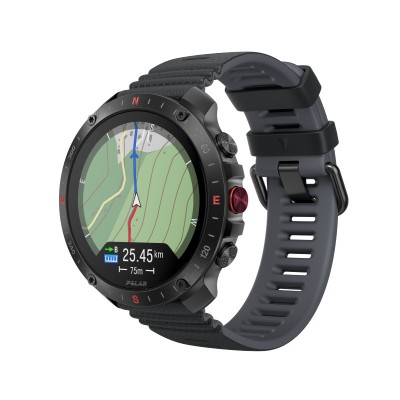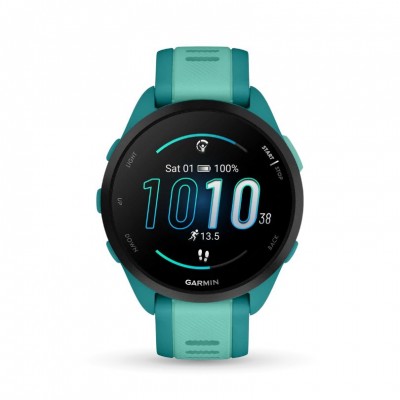Today writes in Runnea.com as a guest signature Aitor Loizaga, Sports Coach, helps athletes to meet their goals and increase their performance through improved mental strength.
Coaching has come and it seems that it is here to stay in our lives. We hear expressions such as executive coaching, personal coaching, team coaching, live coaching .... However, a question that many people ask me when I tell them that I am a coach is "and what is that for?
One of the many definitions of coaching says that it is a process of accompaniment that through conversations and questions, helps to achieve the objective.
But the question that matters to us is....
What can coaching bring to an athlete, to a popular runner whose goal for this season is to finish a 10 km race, or improve his time in a marathon under three hours and fifteen minutes, or a triathlete who after several years decides to venture into an Iron Man?
First of all, let's remember something that perhaps many people don't know; coaching originated in the sports field during the 70's. And what's more; it started in individual sports such as golf, tennis and athletics. And it emerged with the goal of increasing performance, improving mental toughness and managing emotions. From there it then jumped to the corporate world.

There are two fundamental aspects to sports practice:
Training: the planning we set ourselves at the beginning of the season; rest days, long runs, when to do the series, their duration and intensity, aerobic, anaerobic...... is the purely physical aspect. It is the runner who adjusts the training, either because it is the planning he has chosen, or because he has a personal trainer who designs the workouts, priorities and sports planning in general. Of course there are days when we skip the training we have to do, or we do it with less intensity. But in general, I insist, it is the athlete who follows the training plan.
The motivation, the emotional aspect. When the season begins, we set ourselves goals of marks, tests, challenges ..... Are we able to maintain the illusion and concentration to achieve them?
Anyone who has done sport knows how difficult it is to get up early at the weekend, in the rain and cold, to put on your clothes to go out and do a long run or a series. "Who told me to get involved in this kind of thing? And we find a thousand and one reasons to stay in bed and leave it for another day, and another, and another..... We are cornering the reasons that drove us to do sports, to get up early, to grind us doing series, to tell us internally "one more series".
Mental strength and the emotional component are essential in the practice of any sport, both popular and elite level. This is where the figure of the coach takes center stage. To help the athlete to maintain and regain motivation and, very importantly, to go beyond; to challenge and challenge ourselves to improve.
Mental strength and the emotional component are essential in the practice of any sport, both popular and elite level.
And the coach helps the athlete to achieve the following:
Clarify the objectives: what we really want to achieve. A priori it seems that the answer is obvious; lower a record, finish a race, stay in shape.... But we should ask ourselves: "What does it mean for you to lower your personal best, what do you get by finishing that race that you have been waiting for a long time?"
Know what is the real engine that drives us and motivates us. Knowing what moves you to train and run, the reasons that drove you and why you sweat, suffer, take time away from family and friends and your leisure time.
And surprisingly, in many occasions the real reasons, the deep ones, are very different from what the athlete himself believes.
Discovering what obstacles prevent us from reaching the goal and getting the tools to overcome them.
That is to say; we can have the best shoes, the latest model of heart rate monitor, technical clothing .... but if there is no motivation all that is useless.
After all the above, finally the runner meets with his coach and has his first coaching session.
What do you do, how do you work in a coaching session?
In essence, and in a very summarized way, in a coaching session we start by specifying the objective to be achieved. Then we analyze the current situation and the different possibilities of action in the future. The session ends by finalizing the action plan with which the runner will work until the next session, which is also the first thing to be reviewed.
The sessions usually last from an hour to an hour and a half and with respect to the place, it is usual that the coach adapts to the athlete. It is essential that it is a place where he/she feels at ease and calm and that during that time, he/she leaves the phone away.
There are athletes who prefer to keep the session in their workplace, office or similar. Also in the coach's office. I have conducted sessions in quiet cafes or on a terrace overlooking the sea, which have provided us with tranquility and above all, that the athlete feels relaxed. Although with the little time available in general, what is being imposed are the sessions via Skype and even, if there are problems with the connection, even via telephone.
The coach will work with the runner on the objective that has been agreed upon in the first session. To specify the goal that the athlete wants is essential for a good coaching process. Something that seems so obvious and easy, the objective with which the runner comes to the Coach, is not so obvious and easy. To give you an idea; the first session is largely dedicated to setting the goal of the whole process, because often, the real goal, the one the athlete wants, is not as apparent as he thinks. Very interesting topic that we leave here because it would give for a whole article.
Even in the case of those athletes who only run because they feel better or because it relaxes them (without any ambition for a specific record or event), it is normal to experience periods of ups and downs - "I have always liked running; it helped me to relax and forget about my worries. But for some time now, I no longer enjoy it. What prevents you from enjoying those moments? Again, the motivational aspect.
We run with our legs, but not only with our legs. Motivation is what drives the legs.
Next article: Personal Trainer and Coach, who should I listen to?
Aitor Loizaga. Sports Coach
Read more news about: Running News
